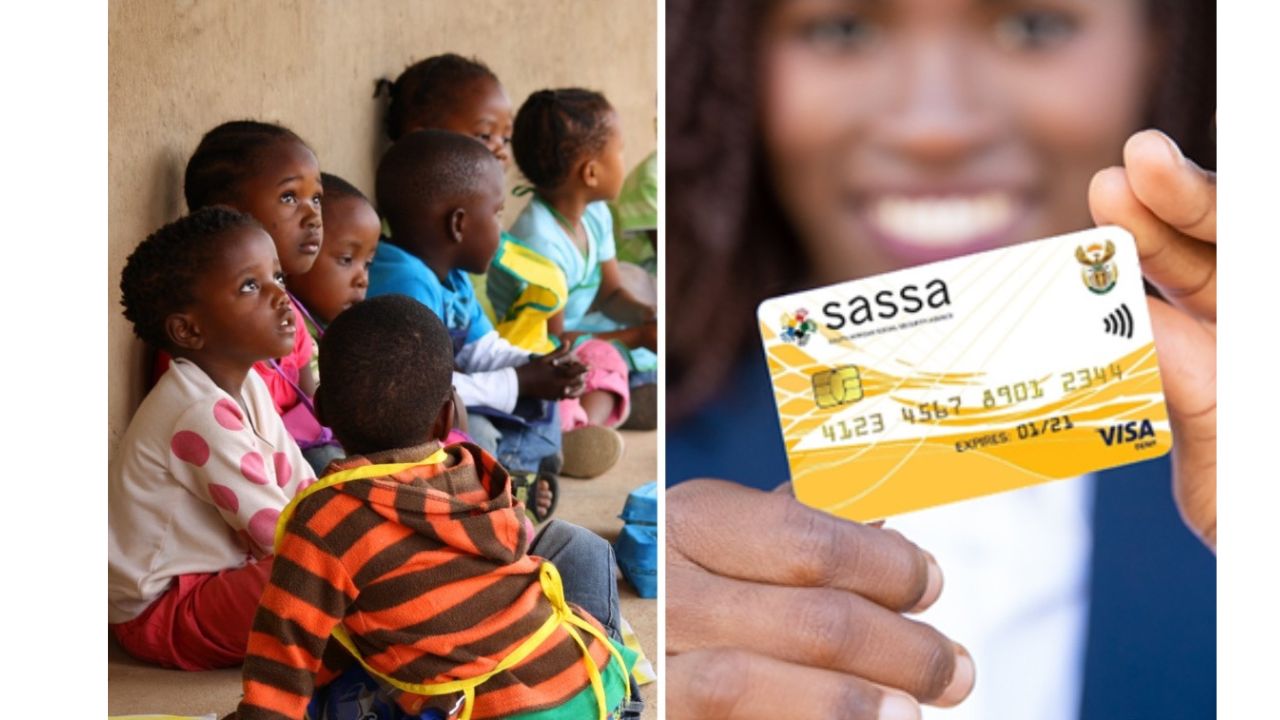Expert: Additional funds are required for the kid grant. In South Africa, where 55% of people live in extreme poverty and 40% of working-age adults are unemployed, many families find it challenging to make ends meet with the current R530 child-support payment. Experts say this payment, which provides a crucial safety net for almost 13.2 million children, is 30% below the R760 food poverty threshold, underscoring the urgent need for government involvement.
Families Dependent on Grants for Child Support:
Among the many South Africans trying to make ends meet is Sarah Hlongwane, a widow living in the Maponyane informal settlement near Marlboro Gardens in a one-room improvised brick home. Hlongwane, who relies entirely on the child support grant to sustain her family of twelve children, spoke candidly about her struggles with The Citizen, saying, “The grant money adds up to R2,500 per month.” However, this is insufficient to pay for school transportation (R600), groceries (R1,500), and rent (R600).

Expert Suggestions:
To reduce poverty, the Government of National Unity (GNU) has suggested increasing the list of necessities free from value-added tax (VAT). The Pietermaritzburg Economic Justice and Dignity (PEJD) group’s program coordinator, Mervyn Abrahams, contends that a more all-encompassing strategy is required to address the problem successfully.
Although Abrahams agrees with the GNU’s proposal to exclude more food goods from VAT, he believes that more steps are required to safeguard the most disadvantaged groups of people:
- Cap Fuel Levy Prices and Electricity Tariffs: The government can lessen the financial burden on low-income households by regulating the pricing of these necessary services.
- Boost the Child Support Grant: Abrahams favors increasing the child support grant to at least equal the R760 food poverty threshold, allowing families to provide their kids a healthy start in life.
The Price of Essential Items:
The PEJD keeps track of the prices of 44 staple foods that, given enough money, the majority of low-income households try to buy. At the end of June, this basket was priced at R5,257.77. Even if this is less than the previous month’s data, the cost is still unreasonably high when you consider other necessities like debt servicing, transportation, and energy, which have increased faster than inflation.
Abrahams notes that a youngster cannot receive enough food with the R530 child support allowance. Based on PEJD’s study, the average cost of feeding a kid is R935. Therefore, the stipend is far less than needed.
Children under five are more vulnerable to stunting due to this deficiency, with stunting rates for boys reaching around 30% and for girls around 25%.
The Effects of Undernourishment:
Chronic undernutrition causes stunting, which harms children’s general health and cognitive development. Children who are stunted—eating the least amount of nutrient-dense food—do not fare well in our educational system, according to Abrahams. Their academic achievements fall well short of expectations. Because of their exposure to illnesses, we anticipate that most will visit clinics and hospitals more frequently.
Given these difficulties, it is evident that the child support award has to be raised to at least the R760 food poverty limit. Millions of South African children and their families might see a significant improvement in their quality of life and poverty reduction if this policy is combined with a restriction on the costs of essential services. The government must move quickly to solve these urgent problems and guarantee a more just and equal society.
